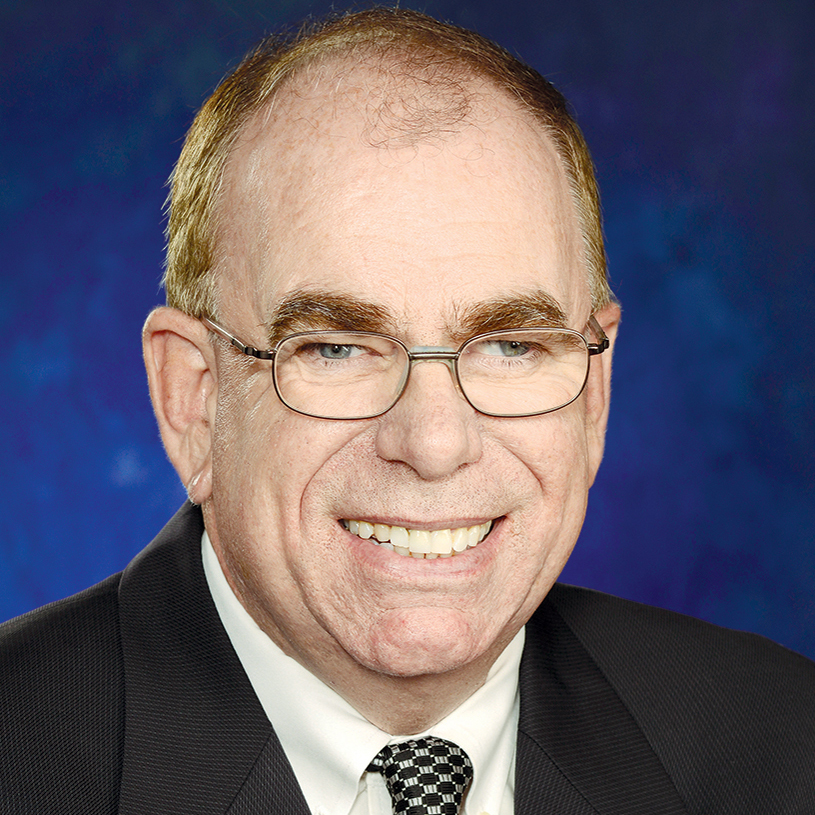

The long-term care sector received some troubling news this week, courtesy of Gallup Inc.
The organization released a survey indicating most Americans have serious concerns about the quality of care provided by long-term care operators.
Among the survey’s key findings:
- Seven in 10 people said they would be “very or somewhat uncomfortable” at the prospect of being admitted to a facility;
- 42% said operators are ineffective at safeguarding residents from infections, pressure wounds, abuse, neglect and other avoidable harms;
- 27% had concerns about physical safety inside nursing homes; and
- 28% said they do not wish to die in a facility.
Not exactly a ringing endorsement, is it?
In response, the industry countered that media outlets and the current administration sometimes seem to take pleasure in unfairly portraying providers as villains. Additionally, operators argue they are dramatically underfunded, given the monumental task at hand.
The truth is that both sides raise valid concerns. Nevertheless, there a fundamental issue here, one that should deeply concern any operator.
Yes, the industry is being unfairly targeted at times. Communities can be easy and inviting targets. And yes, public funding should be better. Arguably, much better.
But here’s the thing: Most individuals didn’t wake up one day and arbitrarily decide that long-term care settings are inherently unsafe. If we are going to be honest here, the industry has contributed significantly to this perception.
During the three-plus decades I have covered this sector, reports of poor care, theft and hazardous living conditions have been all too common. Unfortunately, that remains true today.
The solution here is not more government crackdowns and additional regulations. Rather, it should be a sincere effort by the industry to self-regulate.
Too often, good and decent operators turn a blind eye while others with less honorable intentions tarnish the industry’s reputation.
Equally frustrating is the dismissive response that these issues are caused by just a few “bad apples.” This explanation comes up short on three fronts.
First, it fails to hold wrongdoers accountable.
Second, there are some professions where bad apples should simply not be tolerated. Would we be okay with airline pilots, or cruise ship captains, or surgeons generally screwing up? Of course not. Shouldn’t an industry responsible for providing care the oldest and sickest among us share the same standard of zero tolerance?
Lastly, this excuse helps fuel negative perceptions among victims and their families.
As long as the industry remains passive about unscrupulous operators, there is little reason to expect such unflattering viewpoints will magically disappear.
Make you wonder if the results from the next Gallup poll might actually be worse.
John O’Connor is editorial director for McKnight’s Senior Living and its sister media brands, McKnight’s Long-Term Care News, which focuses on skilled nursing, and McKnight’s Home Care. Read more of his columns here.

